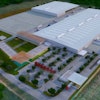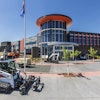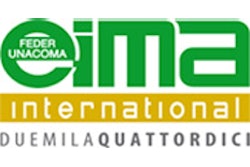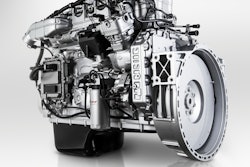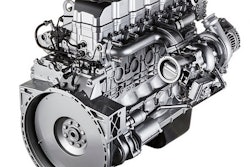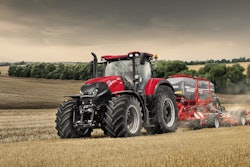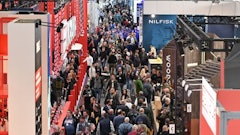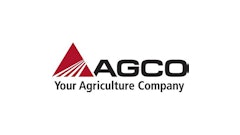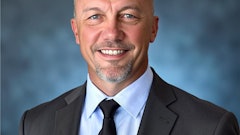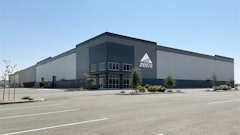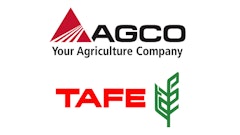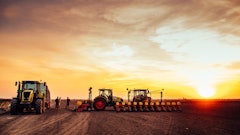We are facing epochal changes in the field of technologies, new balances around the world and new market requirements. The agricultural machinery manufacturers are prepared to adapt to these changes and play an important role in innovation but is in need of political institutions which understand the specific nature of this sector and facilitate its development.
In synthesis, this was the strong and clear message brought out during the conference sponsored by FederUnacoma and CEMA on Agricultural Machinery: A New European Agenda held on the inaugural day of the 42nd edition of EIMA International, the great agricultural mechanization exposition in Bologna. Over the last 2 years the European Union Common Agricultural Policy (CAP) arrangements have been changed to shed the benefits of protection measures and begin coping with the market. This development had an immediate impact leading to declining investments throughout Europe, especially in machinery, on a trend which must be reversed to deal with market challenges around the world.
Rapportuers insisted that investing in innovative technologies is absolutely essential for bettering production while reducing the exploitation of resources. To achieve this, new and improved EU regulations covering agricultural machinery will have to come in for a system which favors investments in mechanization and supports farmers’ understanding of new technologies and their use. Furthermore, these regulations must be standardized.
CEMA President Richard Markwell pointed out, “Today only 20-25% of the farmers on the old continent use precision farming instruments and this is decidedly too small. European institutions have to understand the importance of the machinery industry which is the biggest among those in the agricultural sector.”
Michele Scannavini, the President of the Italian Trade Agency ICE, declared, “We have the duty of promoting Made in Italy in the world and this year we are bringing 100 business people to EIMA, especially from Asia, Africa and South America, areas which now have the greatest development potential.”
Another speaker, EMP Elisabetta Gardini, noted, “The EU is often unable to give incisive and timely responses to problems and very often has difficulty in communicating the good it does. On our side is a maximum commitment to safeguard this sector and provide support for research and innovations.”
Another EMP, Paolo De Castro, explained, “In Europe we have the highest emissions and safety standards and the rest of the world no. And seeing that we are competing at the global level we have to be able to impose our own regulations to avoid being subjected to those of others. China, for example, will have great need of agricultural machinery in the coming years but has to understand that if we’re able to be present in this market it will be through the possible incompatibility of our standards.”
Among other authoritative speakers at the assembly were Aldo Longo, the European Commission Directorate-General for Agriculture and Rural Development; Barbara Bonvissuto of the European Commission Grow General Direction; Pekka Pesonen, the COPA-COGECA General Secretary; Klaus Pentzlin, the President of CEETTAR; and CEJA Vice President Alice Cerutti. Covered in their remarks were the need for “good regulations” for agricultural machinery and harmonizing them around the world, initially on exhaust emissions. The need for a comprehensive approach to legislation was reiterated with the importance of dialogue with all stakeholders. Another hot issue was data sharing in that so-called big data is essential for the development of avant-garde technologies.


